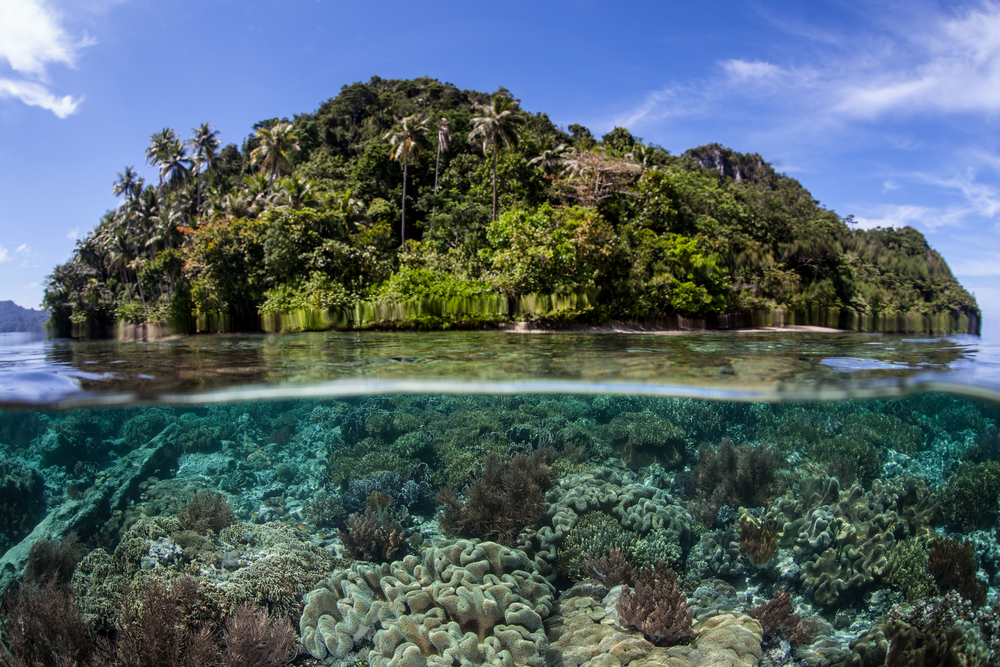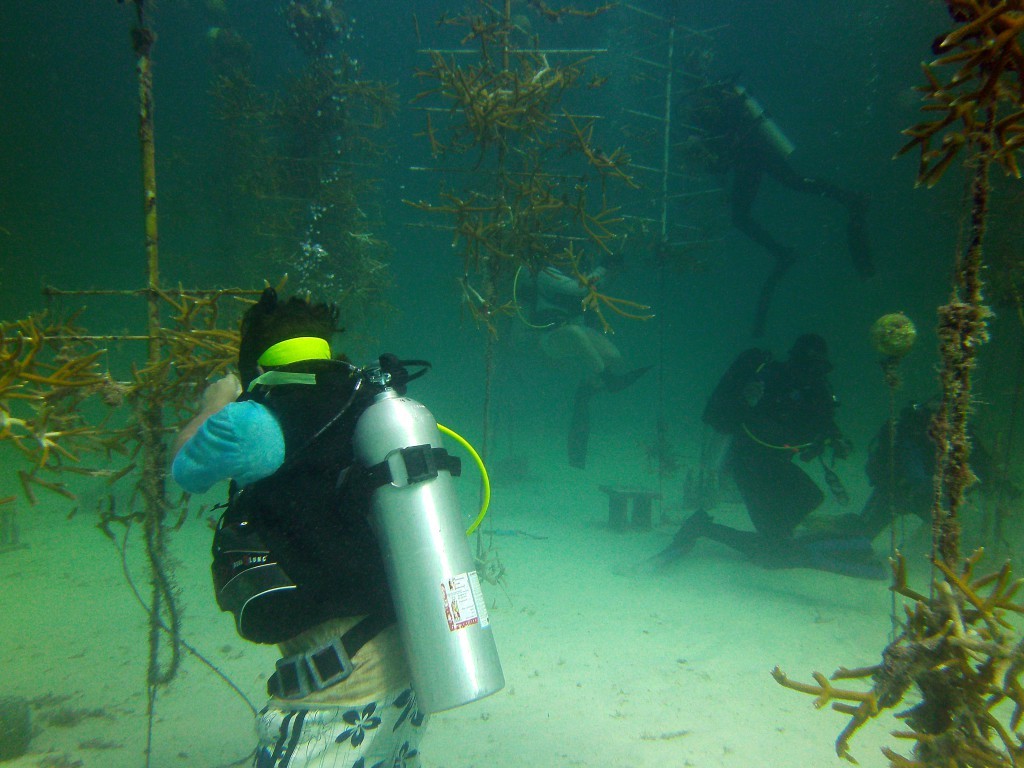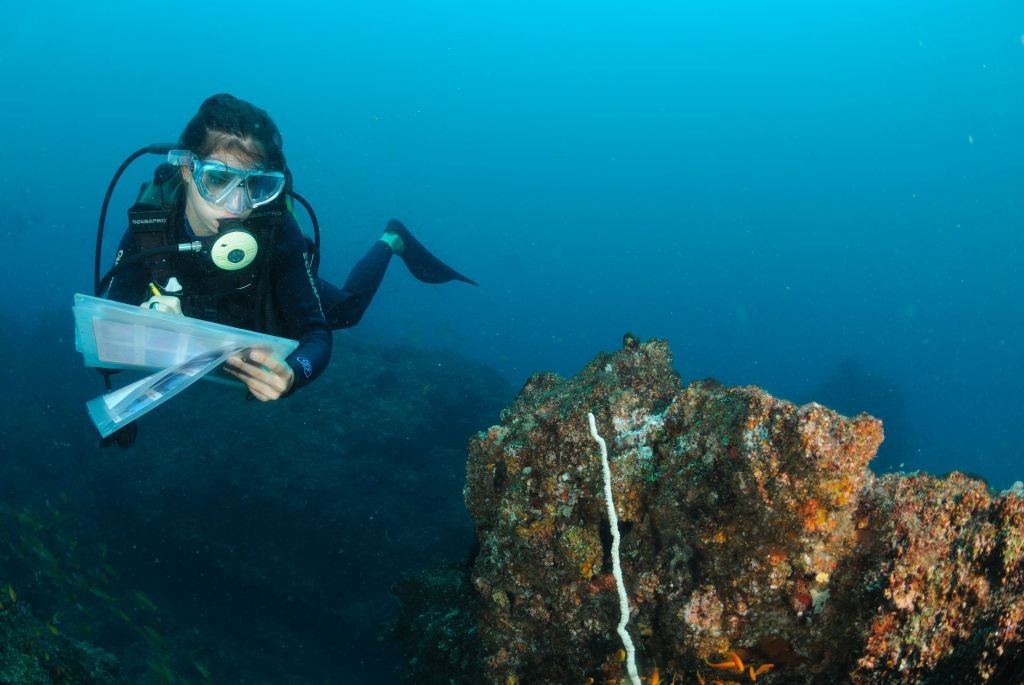Coral reefs are home to about 25 percent of all known marine species and are used by countless other species at some point in their life cycle, and are among the most biologically diverse and productive communities, often referred to as the rainforests of the sea.
You don’t need to live near the ocean to know that the coral reef ecosystem affects your life and the lives of your families and friends and colleagues every day, around the world.
But 50% of the coralreefs worldwide has died over the past 25 years!
And half a billion people depend on reefs for food and income! Besides seafood, oceans are connected to what you eat in many more ways. Ocean ingredients, like algae and kelp, are used in making peanut butter beer, soymilk and frozen foods. Plus, 36 percent of the world’s total fisheries catch each year is ground up into fishmeal and oil to feed farmed fish, chickens and pigs.
About 30 million of us are almost completely dependent on coral reefs and Scientists everywhere agree that the health of the coral reef is declining! Climate change, overfishing, pollution, storms, and natural erosion contribute to the poor health of reefs.
How can you help?
As divers, we’re ambassadors of the sea, so if you want to use your scuba skills to help with conservation; Participants can choose to show their commitment to the coral reefs by completing the Distinctive Specialty Course, Coral Restoration Specialist with PADI.
In Florida, United States or Diani Beach in Kenya they are always looking for volunteer scuba divers who want to help. Divers traveling to Florida have a few program options with the Coral Restoration Foundation. Go to www.coralrestoration.org/dive-programs for more information. In Diani go to www.volunteertravels.com/project/africa/kenya/marine-conservation/
This course offers new, exciting frontiers where you will be able to re-grow Corals on damaged reefs!
Basically it woorks like this: Volunteer divers assist the coordinaters in the coral nurseries, helping with maintenance activities and transplanting corals to the designated restoration areas. The program attendees learn about coral anatomy and the conditions necessary for a healthy reef, as well as stressors causing current coral decline. The lecture concludes with a brief overview of the need for restoration efforts and the CRF process. The session consists of two dives: one on the nursery and one at an outplanting site. On the first dive, using the techniques illustrated in the morning lecture, divers will explore the nursery and prepare corals to be transported to a restoration site. The second dive takes place at the restoration site, where the divers plant the corals they previously prepared.
For more information dont hesitate to contact for futher information.



